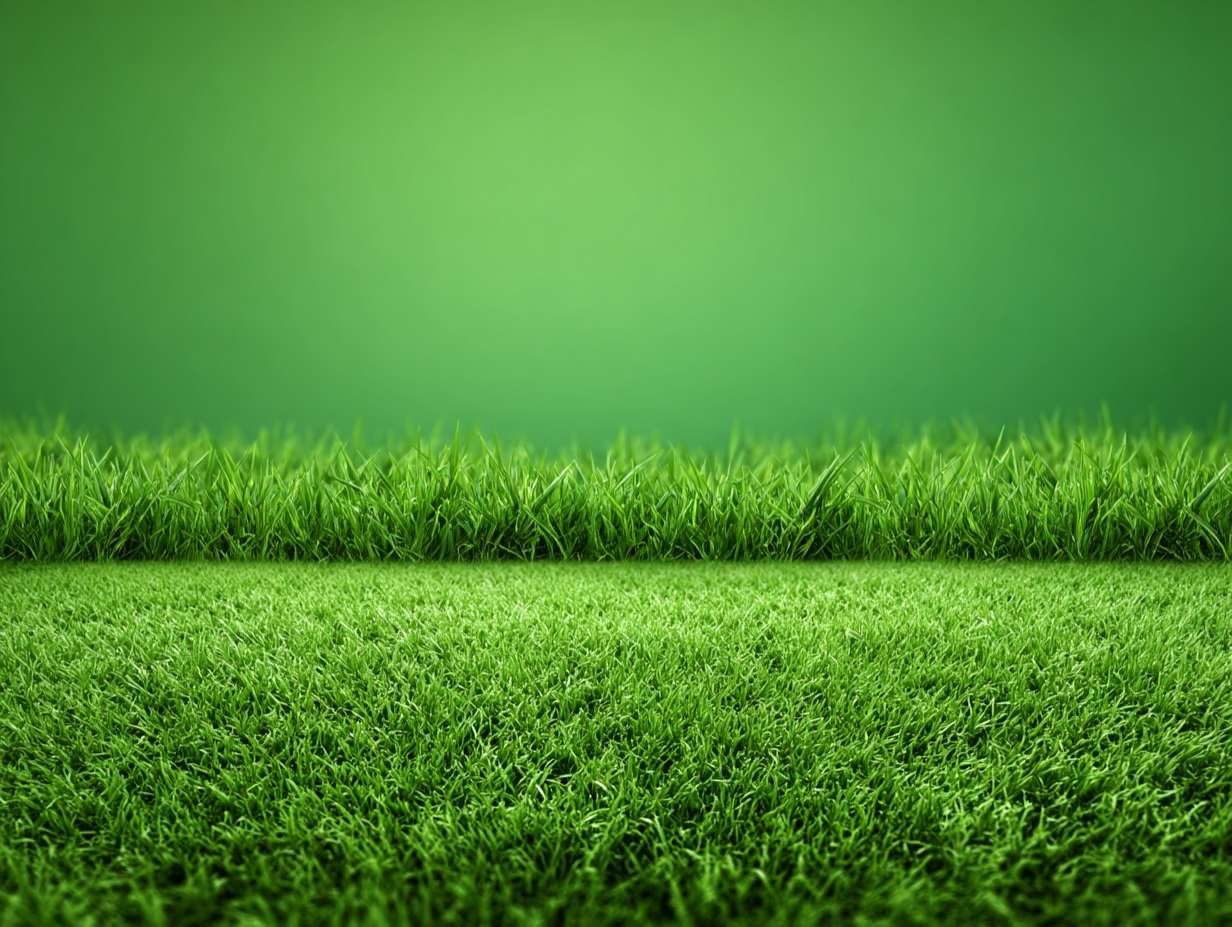
Can I Put Garden Waste in the Black Bin? UK Guide
Learn if garden waste can go in the black bin and discover eco-friendly disposal methods suited to UK homes and gardens.
Can I Put Garden Waste in the Black Bin? What UK Homeowners Need to Know
Tackling garden waste is a familiar part of British gardening life. Whether it’s fallen leaves, grass clippings or pruned branches, we all want to know the best way to dispose of it responsibly. One common question that pops up every season is: can I put garden waste in the black bin? Understanding how to manage garden waste properly not only helps keep your outdoor space tidy but also supports local recycling efforts and environmental goals. Let’s delve into what you need to know about disposing of garden waste in the UK, with practical advice tailored for all sorts of homes and gardens.
Understanding Your Black Bin: What Goes In?
The black bin, sometimes known as the residual waste bin, is intended for household rubbish that cannot be recycled or composted. This usually means general waste like food packaging, non-recyclable plastics, and other items that local councils cannot process through recycling or composting programmes. Garden waste, however, is treated differently by many councils because it is organic and highly suitable for composting.
In most parts of the UK, garden waste should not be placed in the black bin. Instead, it is either collected separately in designated garden waste bins, sacks or taken to local recycling centres. This helps councils compost or mulch the garden waste, turning it into useful materials that benefit soil health and reduce landfill use. It’s worth checking your local council’s guidelines because garden waste policies can vary, but the general rule is that it does not belong in your black bin.
Why Not Put Garden Waste in the Black Bin?
Putting garden waste in the black bin is not ideal for several reasons. First, organic garden waste breaks down naturally and is best suited for composting. When mixed with non-organic rubbish, it ends up in landfill sites where it decomposes anaerobically, producing methane, a potent greenhouse gas contributing to climate change.
Secondly, garden waste can clog up waste processing machinery or contaminate recycling streams, making it harder for councils to manage rubbish efficiently. By separating garden waste, you contribute to a circular process that reduces environmental impact and supports sustainable gardening.
What Are Your Options for Garden Waste Disposal?
Most UK councils offer a green waste collection service, often requiring a subscription. This service provides a dedicated bin or sack for your garden waste, collected regularly during the growing season. The collected material is then composted and sometimes made available to residents as nutrient-rich soil conditioner.
For those without access to a council green waste service, a local recycling centre or tip will usually accept garden waste free of charge or for a small fee. Another excellent option for smaller gardens or those keen on sustainability is home composting. Setting up a compost bin or heap allows you to recycle leaves, grass clippings and vegetable peelings back into your garden, enriching your soil naturally.
Tips for Managing Garden Waste at Home
If you are keen to reduce garden waste going to landfill, consider mulching grass clippings back into the lawn or using fallen leaves as a mulch layer in borders. Pruned twigs and branches can be shredded for mulch or added gradually to your compost heap.
Avoid bagging garden waste in plastic sacks as these are often not recyclable and add to plastic waste issues. Instead, use biodegradable garden bags or reusable bins where possible.
Space and Seasonal Considerations
For homes with small gardens or terraces, managing garden waste can feel tricky. Try to keep a compact compost bin or wormery for kitchen and garden scraps. Many local councils also provide smaller green bins to suit limited spaces.
Seasonally, garden waste volumes peak in spring and autumn when pruning and leaf-fall are most common. Planning your garden tasks around your local green waste collection schedule can help avoid overflows and keep your garden looking neat.
Final Thoughts on Using Your Black Bin for Garden Waste
In conclusion, garden waste generally should not go into the black bin. Instead, take advantage of local green waste services, composting or recycling centres to dispose of garden waste responsibly. This small change makes a big difference to your garden’s health, the local environment and the wider fight against climate change. Understanding how to manage garden waste properly is a key part of sustainable gardening and keeps your outdoor space flourishing year-round.
